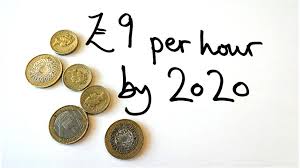It has been well publicised in recent times that HM Revenue & Customs are targeting aggressive tax avoidance schemes however there are still a number of ways small companies and individuals can minimise their tax bills. Below is a list of ideas worth considering if you wish to reduce you tax bill.
Companies
Making pension contributions through the company should be considered. Not only does this build the director’s pension fund for later life, it is also a tax deductible expense for the company. That is provided that HMRC don’t rule the contributions in excess of what is commensurate with the directors’ duties.

When purchasing capital assets the use of the annual investment allowance should also be considered before the year end. Since 1st January 2016 AIA is £200,000 per year. This covers all plant and machinery assets except cars, meaning that the cost of capital assets reduces taxable profits for the year.
Individuals
Ensure that you are making the best use of ISA contributions available to you each year. The annual limit which can be split between cash ISA’s or stocks and shares ISA’s is £15,240 per year as of 6th April 2015. Any earnings generated from ISA’s are tax free. Help to buy ISA’s are another form of ISA which have been introduced this year. These allow prospective first time home buyers to claim an extra £50 for every £200 invested (upto a maximum of £3,000).

Pension contributions are another way of reducing your tax bill. Soon all employers in the UK will have to offer a pension scheme to employees. The contributions made to an employer pension scheme can either be taken from your gross pay before any tax is deducted or if the contribution is paid net the pension provider claims back basic rate tax at 20% and adds this to your pension pot.
For self -employed people this isn’t an option, however if you are paying tax above the basic rate band, making personal pension contributions can also be of benefit. The contributions made extend the basic rate band and therefore more of your earnings are taxed at 20% rather than 40%.
These are just a few simple ideas in order to try and help you minimise your tax bills, and it is key to act before any tax period ends. So if you would like any further assistance with any tax advice then please let us know.



